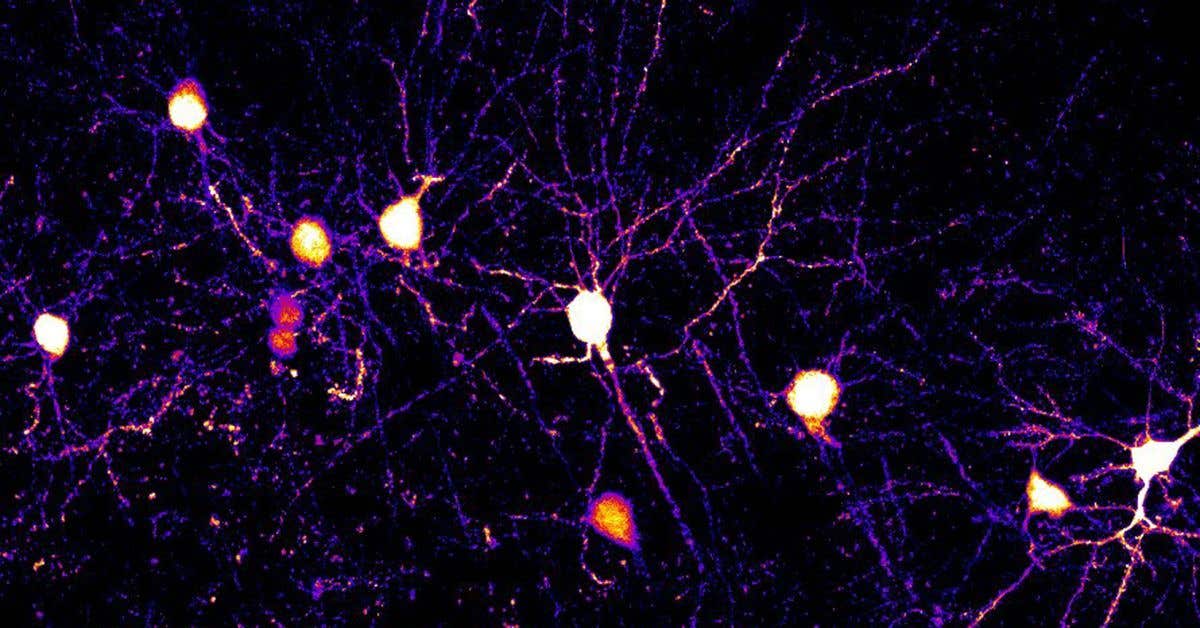Eating these beans can improve gut health, immunity and overall wellbeing, study finds
Study reveals that daily consumption of navy beans can lead to significant improvements in the gut microbiome enhancing cancer prevention

[Dec. 5, 2023: JD Shavit, The Brighter Side of News]
Study reveals that daily consumption of navy beans can lead to significant improvements in the gut microbiome enhancing cancer prevention. (CREDIT: Creative Commons)
Colorectal cancer (CRC) survivors may benefit from incorporating navy beans into their diets, as recent research from The University of Texas MD Anderson Cancer Center suggests that this humble legume can positively impact both gut health and overall well-being.
The study, published in eBIOMedicine, part of The Lancet family of journals, reveals that daily consumption of navy beans can lead to significant improvements in the gut microbiome, potentially enhancing cancer prevention and treatment outcomes.
The BE GONE trial, a randomized study, involved 48 participants over the age of 30 who met the criteria for obesity based on body mass index (BMI) or waist size and had a history of bowel lesions. This group included individuals with a history of CRC (75%) and those with high-risk, precancerous polyps of the colon or rectum detected during colonoscopy.
Over the course of eight weeks, participants were divided into two groups: one group continued with their regular diets, while the other added a daily cup of organic, canned pressure-cooked white navy beans to their meals.
Related Stories
Dr. Carrie Daniel-MacDougall, the corresponding author of the study and an associate professor of Epidemiology, explained that the trial yielded promising results. "Observing a shift in microbiome diversity with diet intervention alone is rare, and this study underscores the ability of a readily available prebiotic food to bring about such changes," she said.
The changes observed included an increase in alpha diversity, indicating higher levels of beneficial bacteria such as Faecalibacterium, Eubacterium, and Bifidobacterium, along with a decrease in pathogenic or opportunistic bacteria.
One of the standout features of this research is the positive impact of diet alone on the gut microbiome, as Dr. Daniel-MacDougall emphasized, "Over the course of eight weeks, there was an improvement in participants' gut health, marked by an increase in beneficial bacteria, which wards off the harmful bacteria."
Carrie Daniel-MacDougall, Ph.D. (CREDIT: The University of Texas MD Anderson Cancer Center)
The link between obesity, diet, and gastrointestinal health is well-established. Disturbances in the normal microbial balance can result from factors such as obesity, poor diet, or gastrointestinal issues, which can cause inflammation and impact survival rates for CRC survivors. Even after cancer treatment or the removal of precancerous polyps, maintaining a healthy diet and balanced gut microbiome is crucial for prevention efforts related to cardiovascular disease and cancer.
Navy beans, particularly small white navy beans, are rich in gut-supporting fibers, amino acids, and other nutrients that foster the growth of beneficial bacteria in the colon. This supports immune health and helps regulate inflammation. While navy beans are accessible and cost-effective, they are often avoided by Americans due to mild or acute gastrointestinal side effects. However, these side effects can be mitigated through proper preparation and consistent consumption.
The changes observed included an increase in alpha diversity, indicating higher levels of beneficial bacteria such as Faecalibacterium. (CREDIT: Science Direct)
It is essential to note that individuals should not embark on this dietary intervention without consulting a physician, as it could have negative effects without proper guidance. Further research is also required to determine the extent to which dietary changes can lower cancer risk or improve treatment outcomes.
During the BE GONE trial, patients were allowed to choose and prepare their own meals, with close follow-up and counseling from the study dietitian. Every four weeks, participants provided stool and fasting blood samples for analysis, which assessed shifts in the gut microbiome as well as host metabolites and markers. To be considered adherent, participants had to consume at least 80% of the beans over the intervention period and adhere to the prescribed regimen for a minimum of five days a week. Fortunately, no serious side effects were reported.
Study design, Left to Right: To establish the basal diet and microbiome and introduce study procedures prior to randomization, eligible and consented individuals began the equilibration/run-in. Participants who completed the run-in were randomized to begin the dry bean intervention or to continue the usual diet control for 8 weeks. (CREDIT: eBIOMedicine)
Dr. Daniel-MacDougall noted, "The beans did not appear to induce gut inflammation or seriously impact bowel habits, which is crucial for CRC survivors and patients." However, the positive effects observed during the trial faded quickly once participants stopped eating the beans, highlighting the importance of educating patients on how to maintain healthy dietary habits.
The trial was funded by the American Cancer Society, with initial support from an MD Anderson Institutional Research Grant.
Note: Materials provided above by The Brighter Side of News. Content may be edited for style and length.
Like these kind of feel good stories? Get the Brighter Side of News' newsletter.
Joshua Shavit
Science & Technology Writer | AI and Robotics Reporter
Joshua Shavit is a Los Angeles-based science and technology writer with a passion for exploring the breakthroughs shaping the future. As a contributor to The Brighter Side of News, he focuses on positive and transformative advancements in AI, technology, physics, engineering, robotics and space science. Joshua is currently working towards a Bachelor of Science in Business Administration at the University of California, Berkeley. He combines his academic background with a talent for storytelling, making complex scientific discoveries engaging and accessible. His work highlights the innovators behind the ideas, bringing readers closer to the people driving progress.



